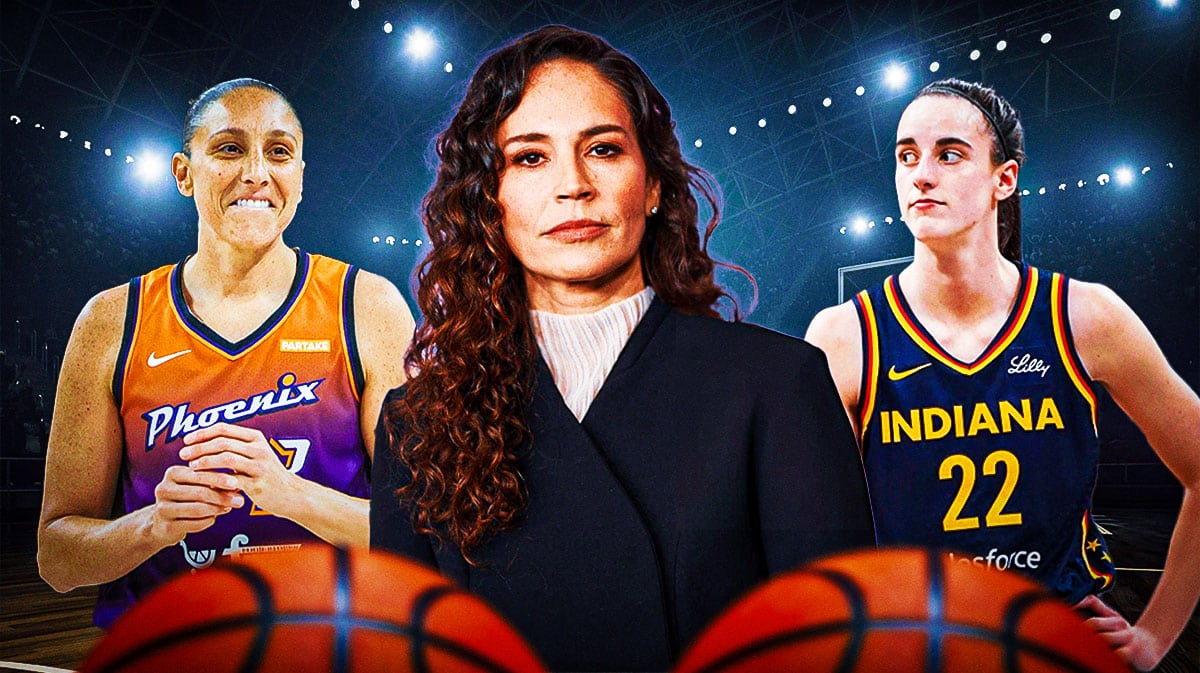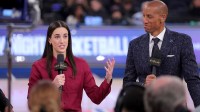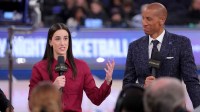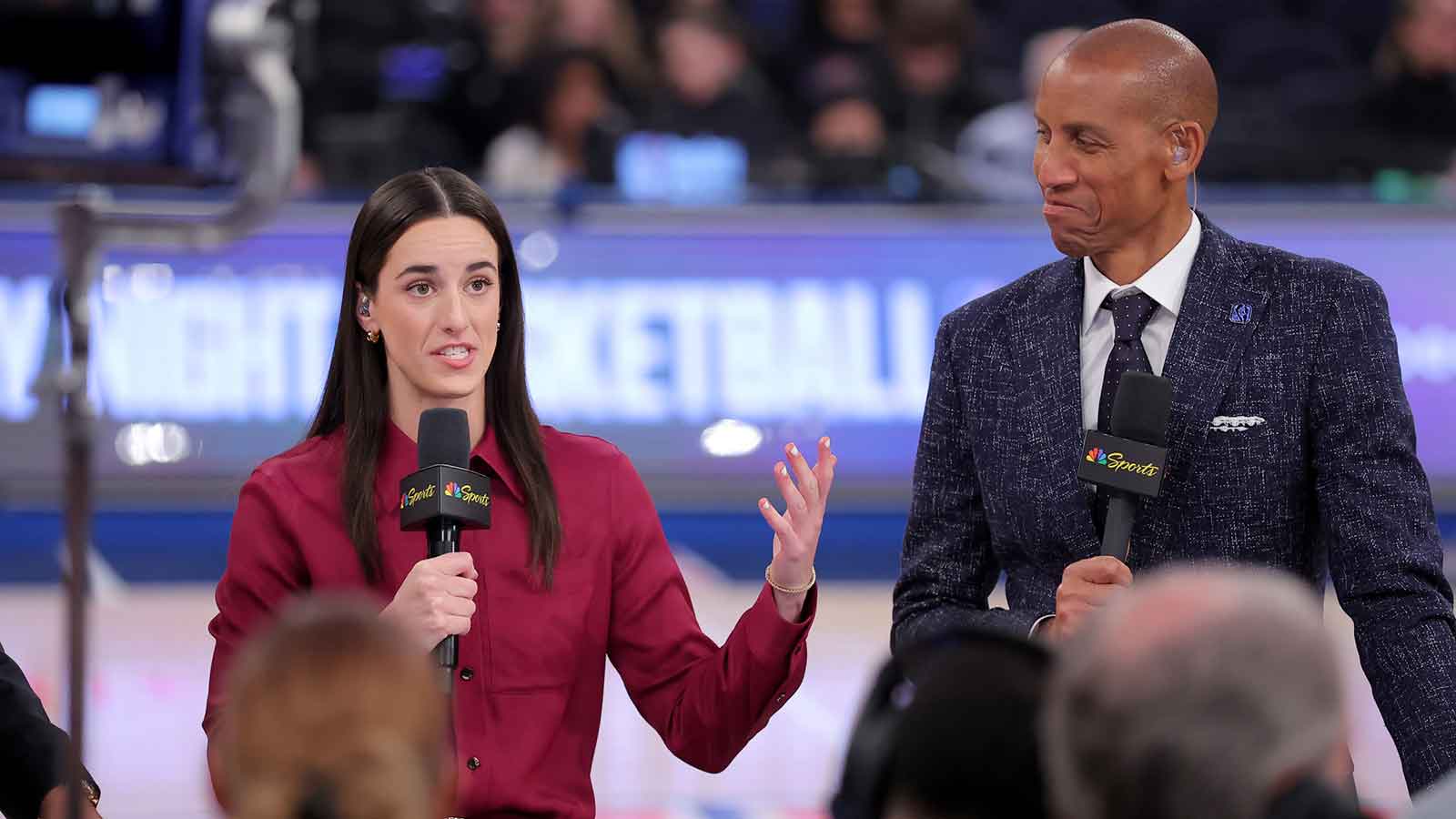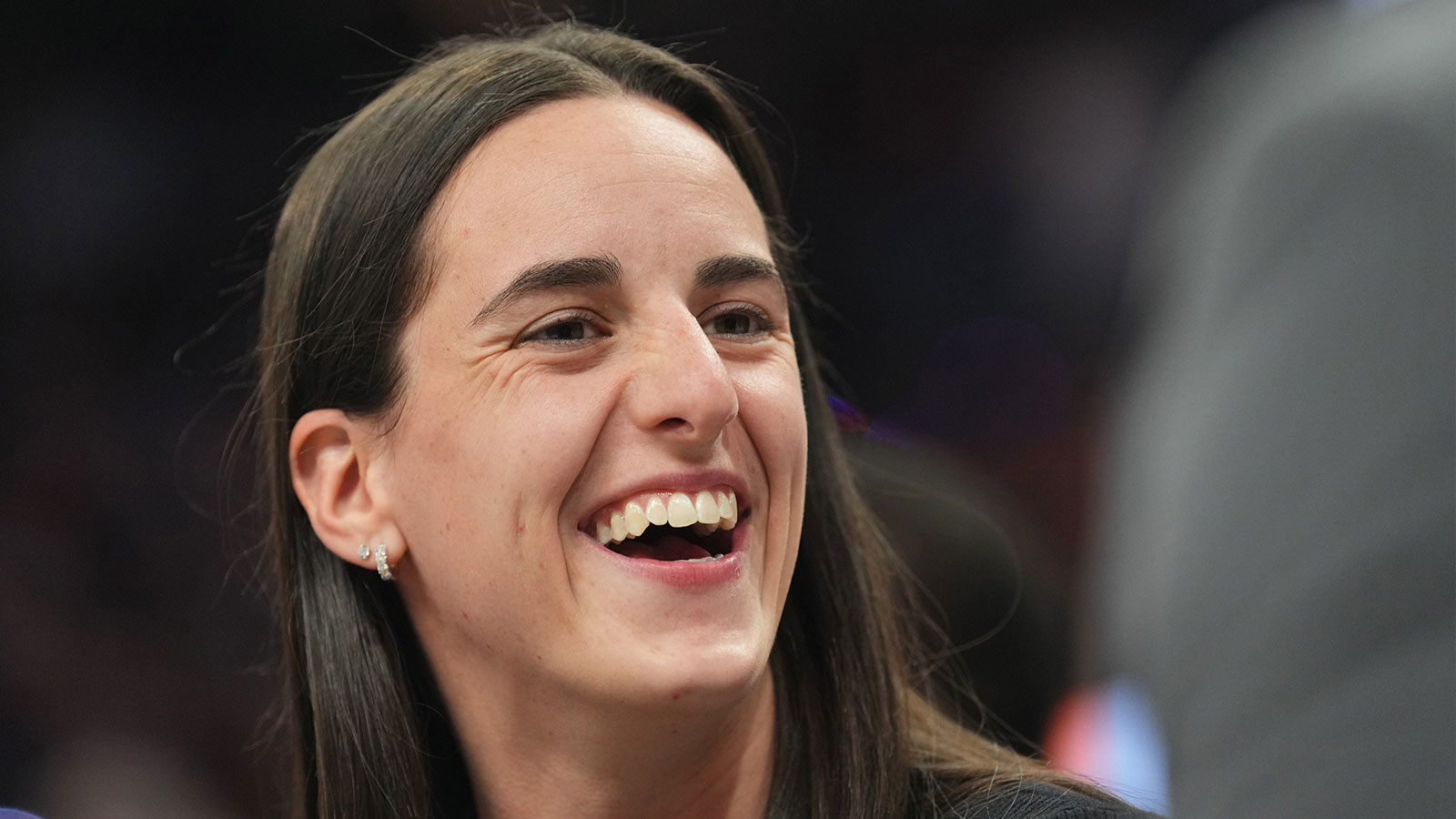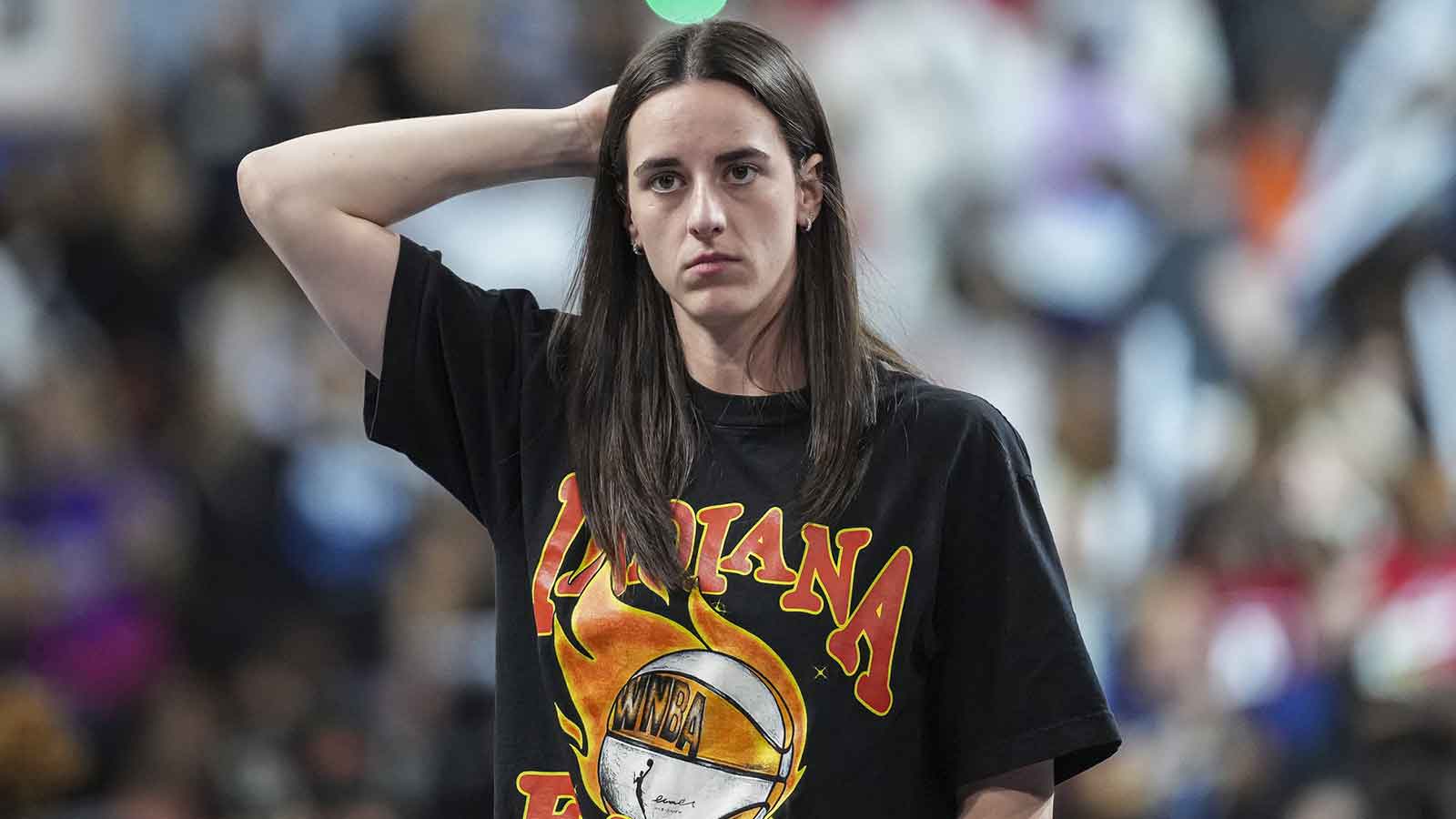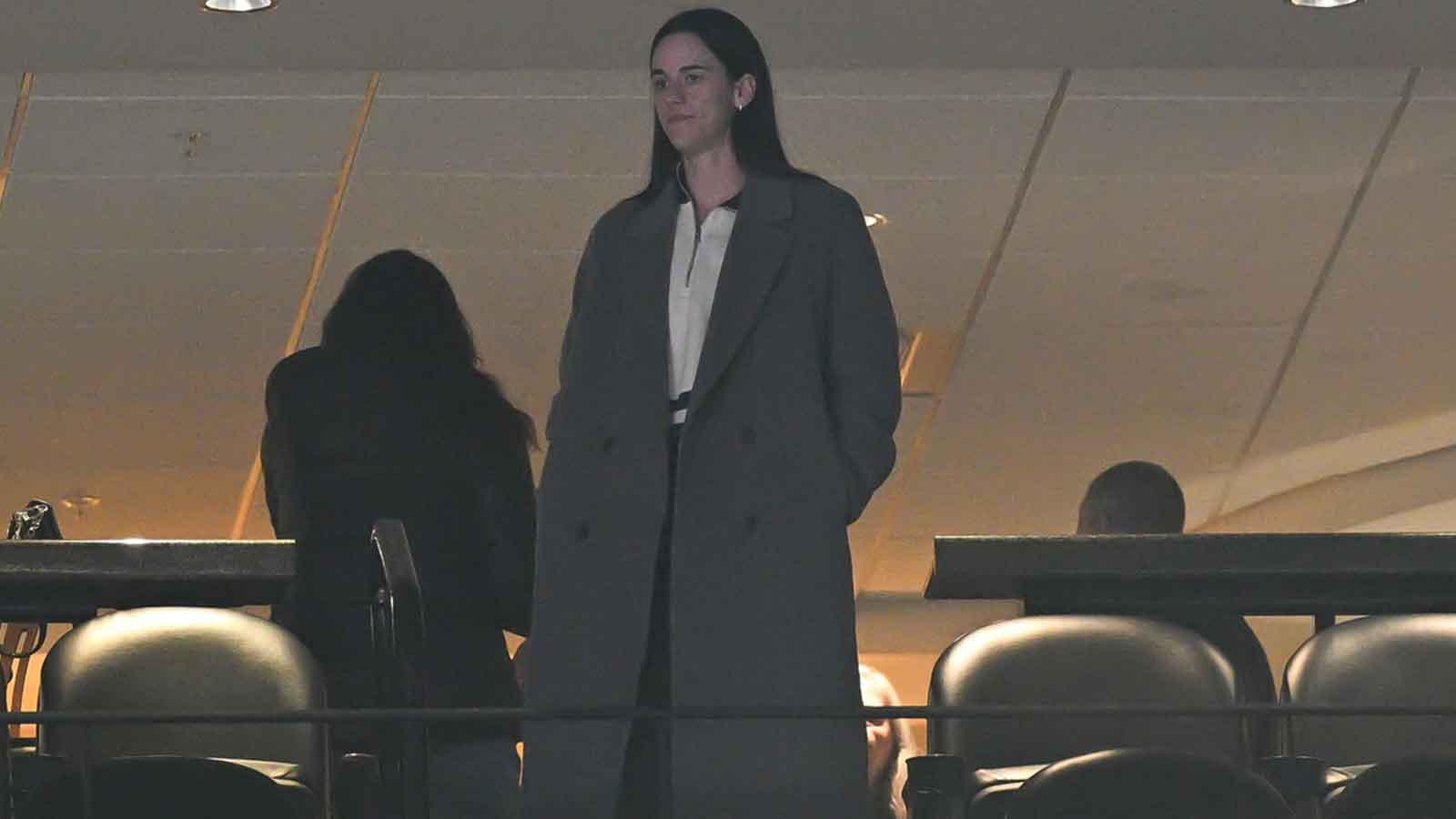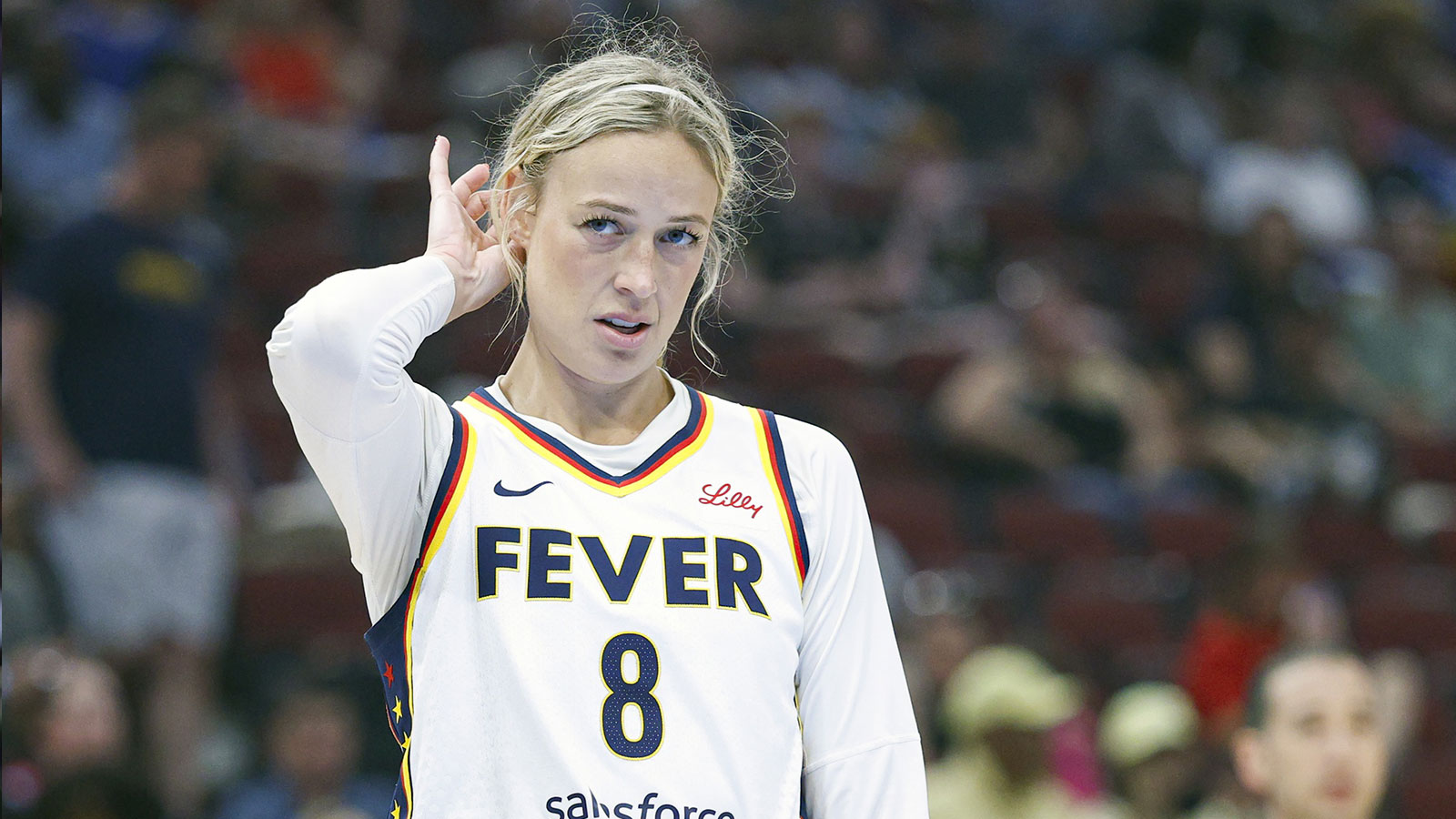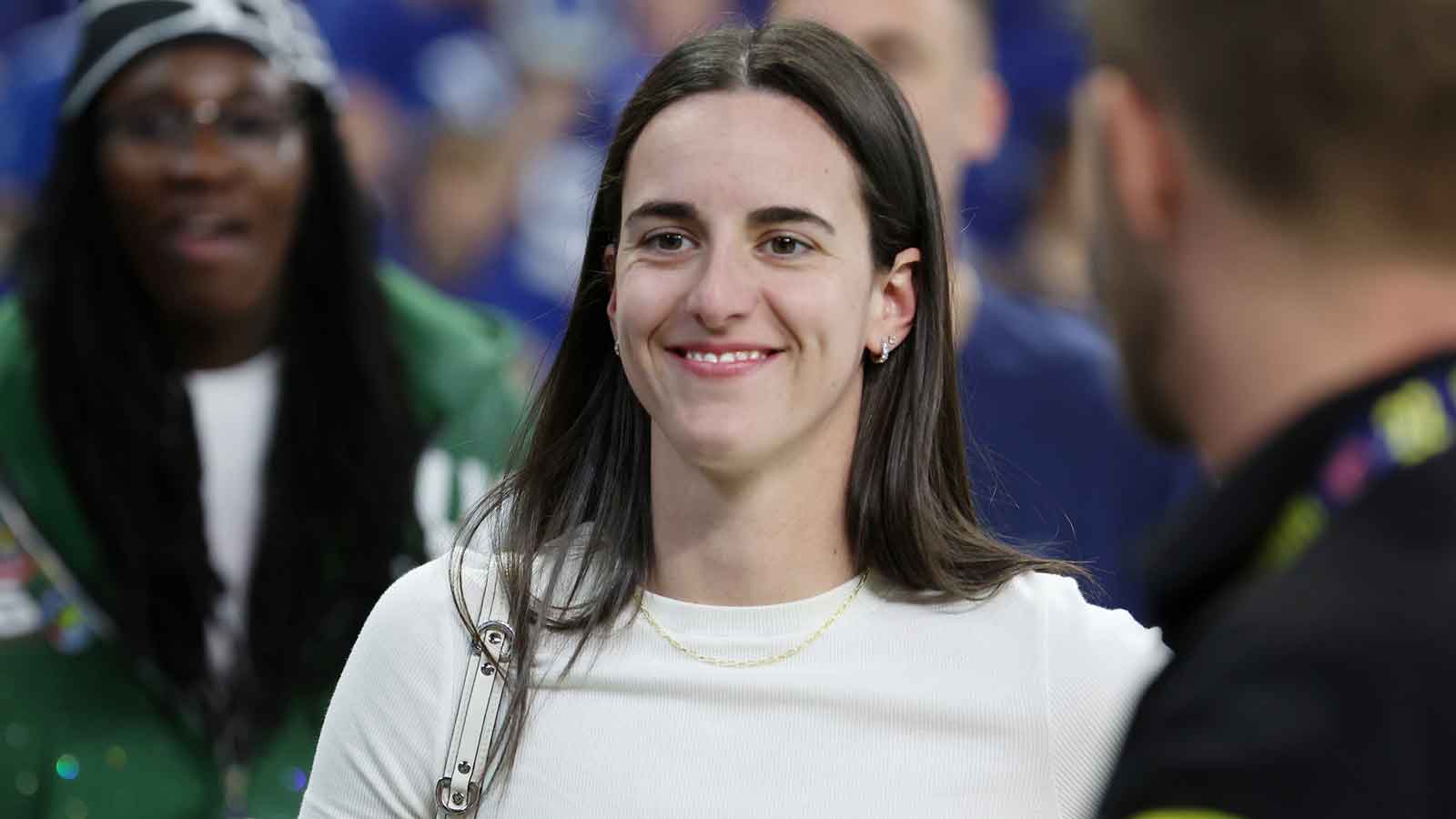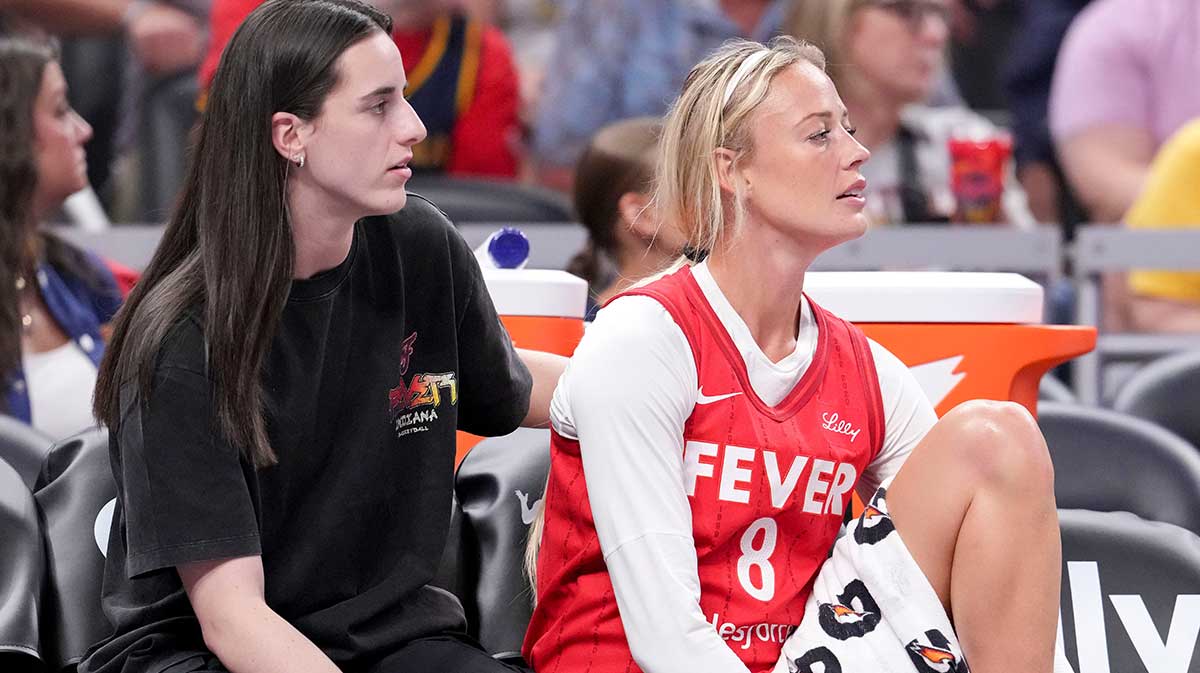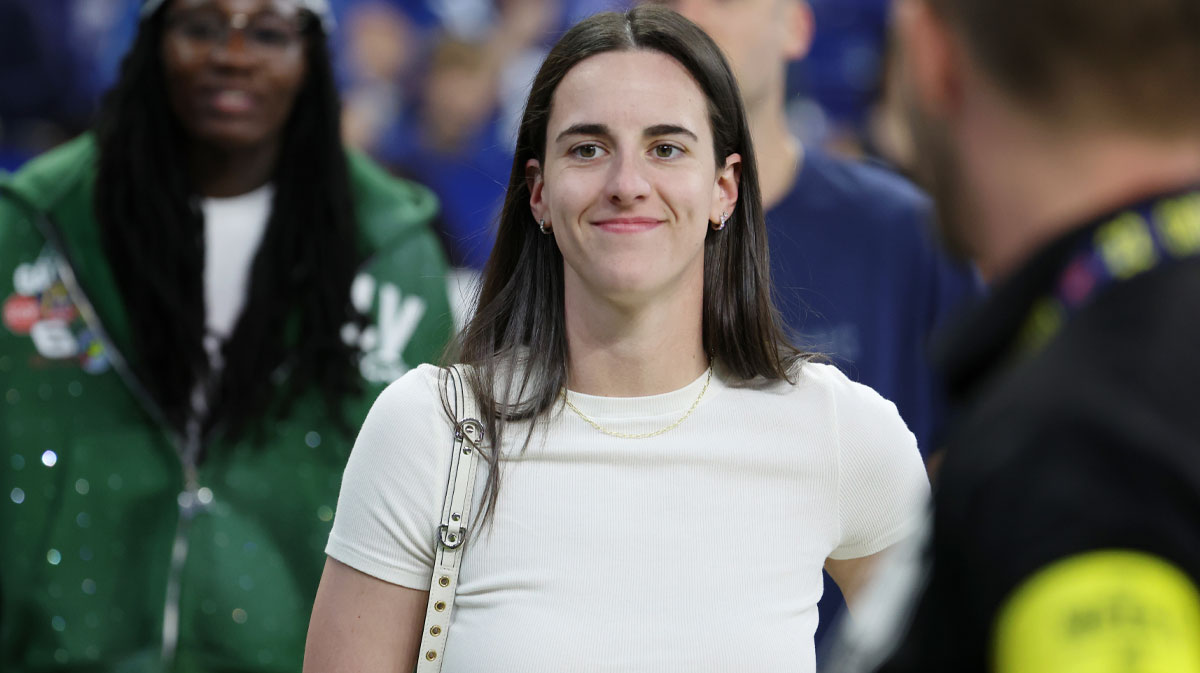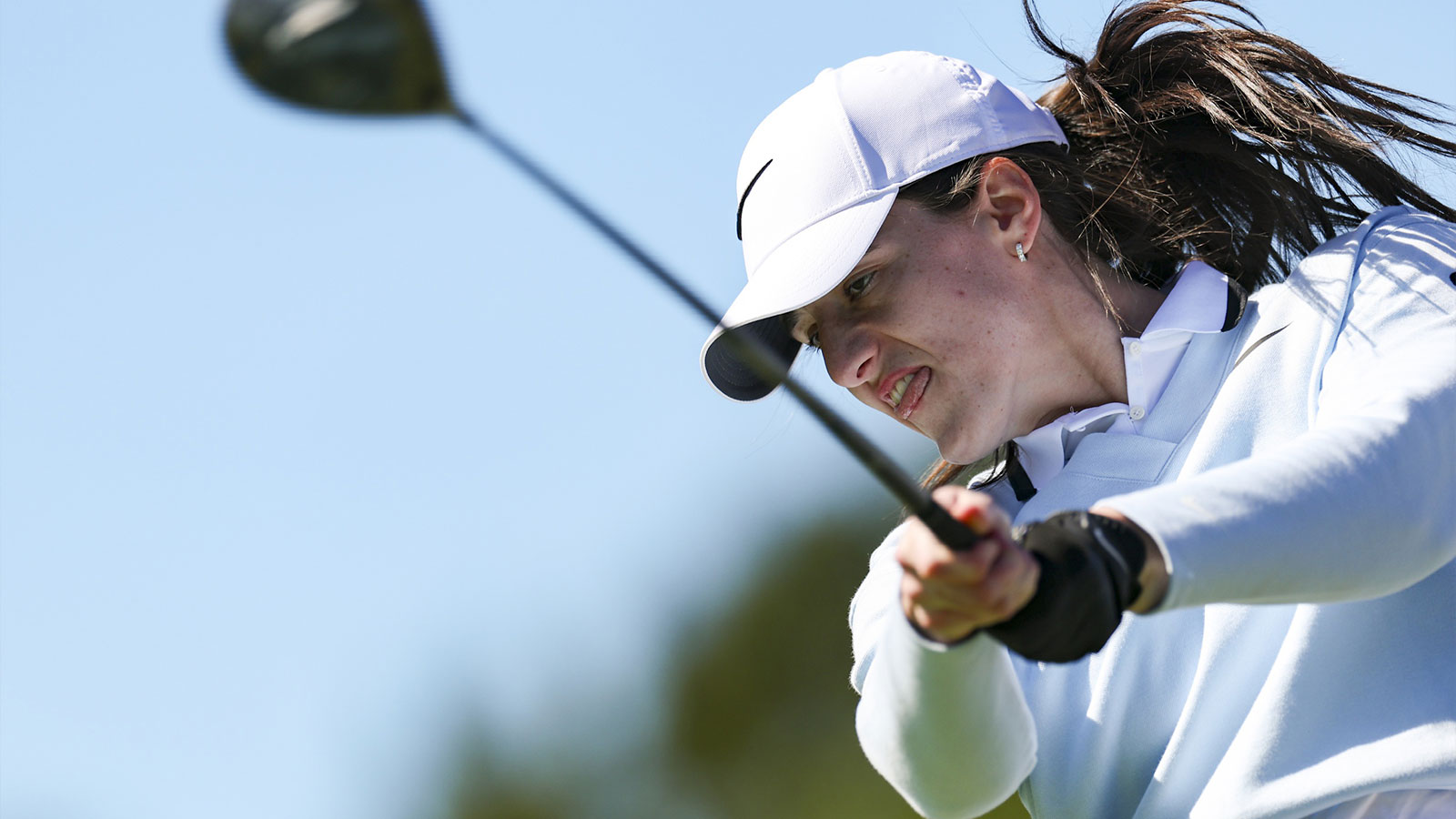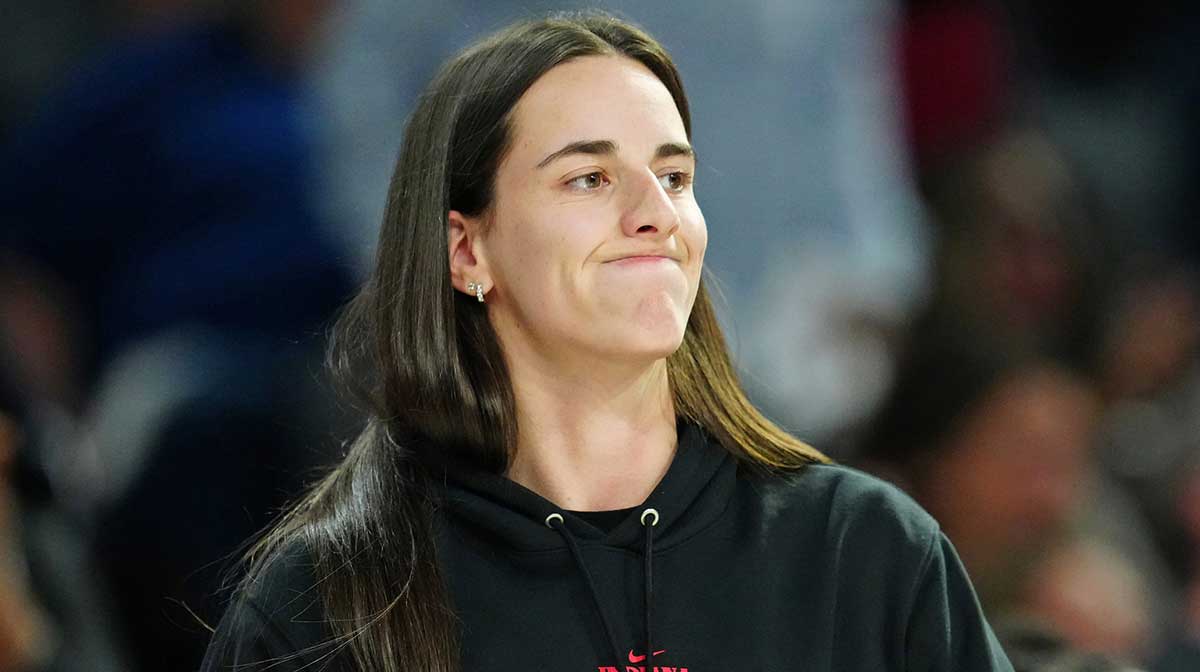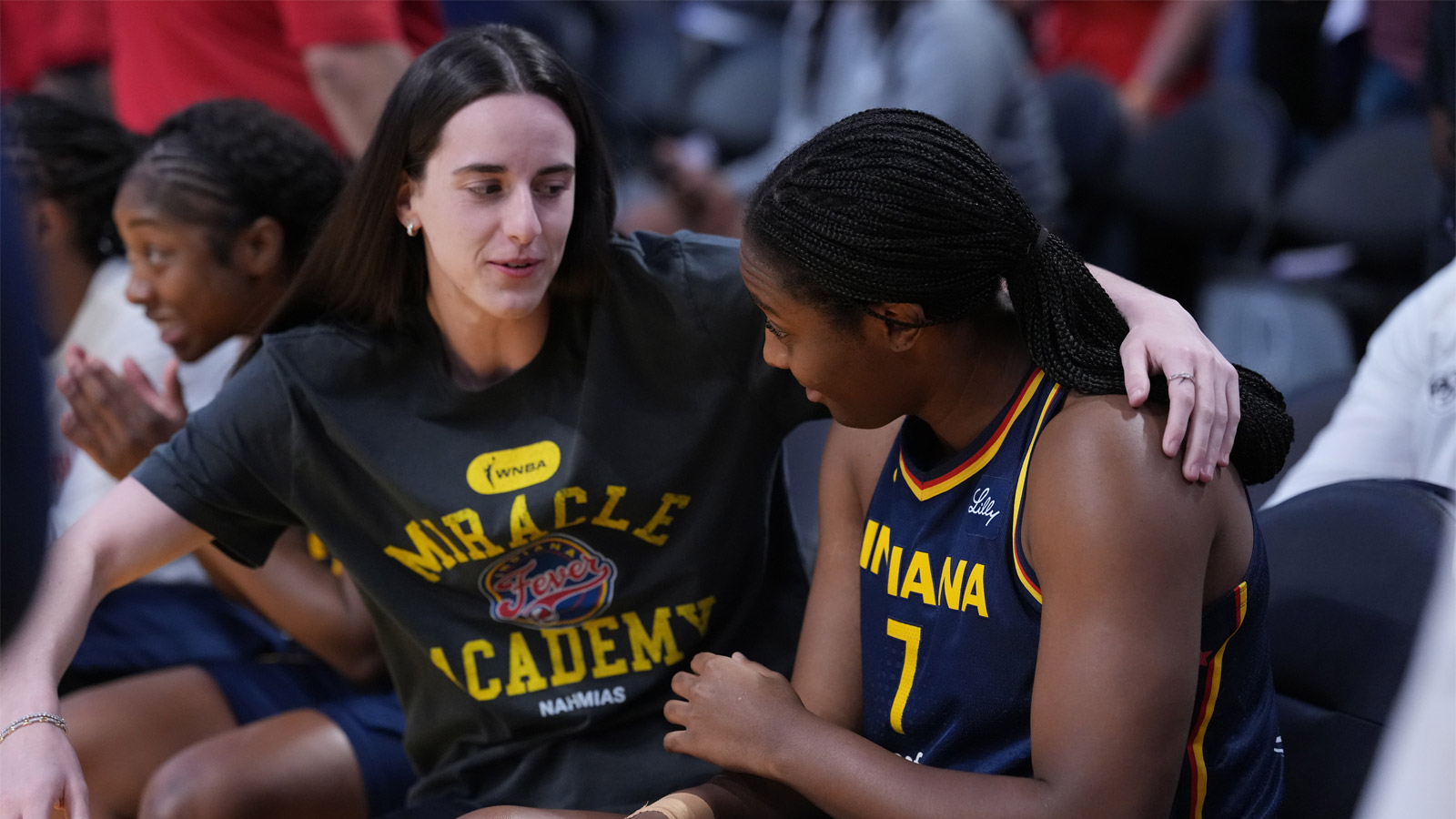WNBA legend Sue Bird highlighted the ongoing disrespect towards veteran players amid the early struggles of rookie Caitlin Clark. Bird’s remarks came after Clark's Indiana Fever faced back-to-back losses to the Connecticut Sun and New York Liberty, showcasing the challenges even a celebrated college player faces when transitioning to the professional league.
Bird, appearing on The Rich Eisen Show Friday, emphasized that while Clark’s potential is undeniable, the premature crowning of her as a top player has been disrespectful to established WNBA athletes.
“There’s been a couple of moments that have led to the narrative around, you know, Caitlin’s greatness and it translating. And there’s been some people that have, you know, basically put her at the top of the mountain right away, and I think that does feel disrespectful to current WNBA players,” Bird said.
Eisen pointed out that Bird’s co-host during the Women's Final Four, Diana Taurasi, faced backlash for questioning Clark’s ability to dominate right away in the WNBA. Taurasi's skepticism now appears justified as Clark struggles to find her footing. In her debut May14 against the Sun, Clark finished with 20 points but also had 10 turnovers, contributing to a 92-71 loss. The following game against the Liberty May 16 saw the Fever defeated 102-66, with Clark scoring only nine points and shooting 1-7 from beyond the arc.
Taurasi faced significant criticism for her earlier remarks, which some interpreted as jealousy. However, Bird and Taurasi's perspective is grounded in the reality of the WNBA’s competitive nature.
“You know, Diana sort of touched on this, it’s the adult grown women part of this. People have been playing this game for a long time,” Bird said.
Caitlin Clark and other rookies won't dominate right away in the pros
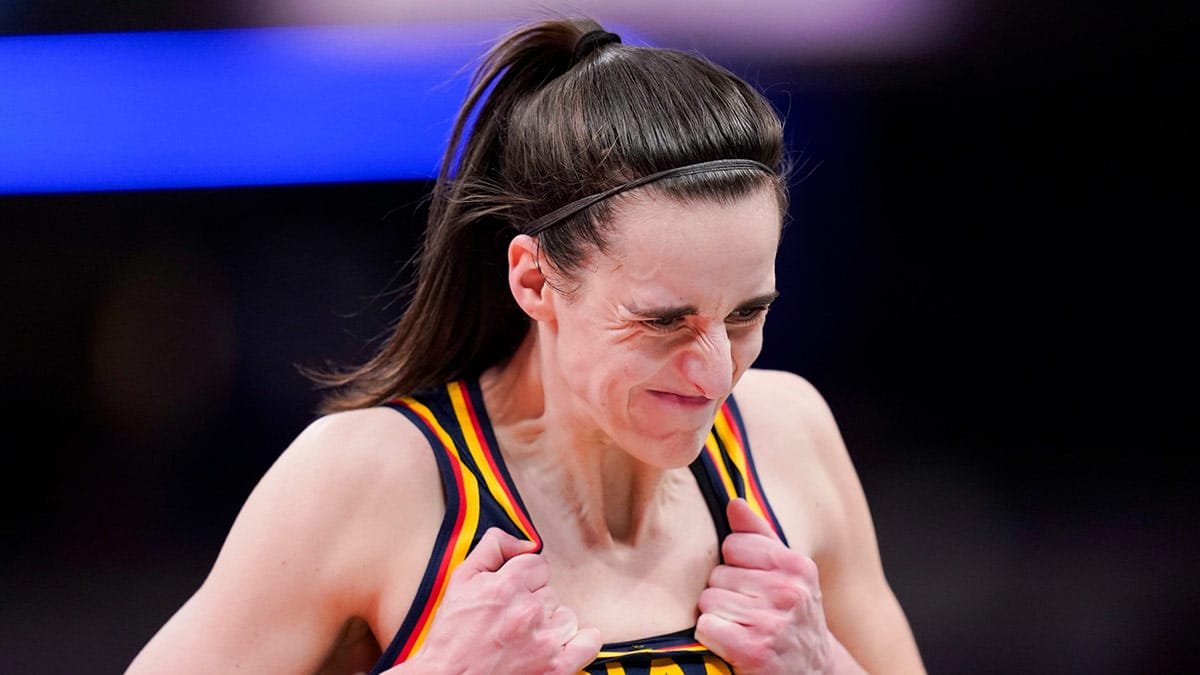
The narrative of Clark's struggle aligns with Bird’s previous warning about the difficult transition from college to professional basketball. However, the WNBA star recognizes the importance of supporting young talent that draw eyes to the game.
Bird has previously called on the league to better capitalize on the popularity of young stars like Clark, Paige Bueckers and JuJu Watkins. Bird emphasized that the league must leverage the influence of these athletes to prevent them from seeking opportunities overseas, highlighting the importance of retaining talent to boost the league's profile.
The criticism Clark has faced from veteran players underscores the steep learning curve in the WNBA. The early struggles of Clark, despite her stellar college career, illustrate the league's high level of competition. Bird’s comments reflect a broader issue within the league about how young talents are perceived and the need to respect the veterans who have paved the way.
Bird’s stance is not merely about defending veterans but also about the long-term health of the league.
“But now everybody is seeing the WNBA is obviously a legitimate professional league, I don’t know what people expected,” she said.

